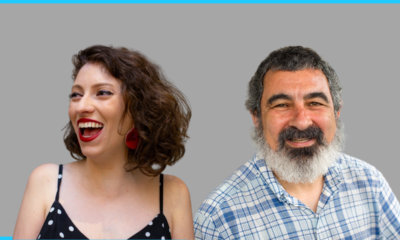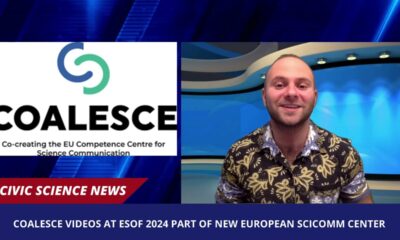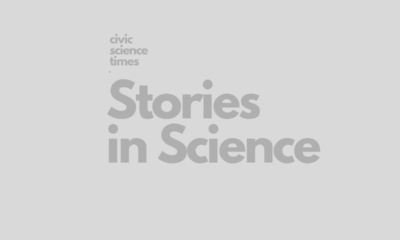Local Perspectives Program
Yamilee Toussaint realized STEM needs what dance provides & made that leap happen for girls
In this episode of CivicSciTV’s “The Perspective,” host Diya Dwarakanath explores how to fix disparities in race and gender in STEM fields with Yamilée Toussaint, the Founder & CEO of the non-profit organization STEM From Dance.
The episode begins with Toussaint explaining the connection between dance and STEM, and her perspective on the root cause of the issue. Toussaint has “always found dance to be a source of confidence, strength, joy, being challenged, and having a community, and those are the things that STEM truly needs.”
They discuss lessons learned, how traits like intellectual curiosity and risk-taking emerge from the combination, and the community collaborations and feedback that reinforce the message that STEM is for everyone. “The rigor of trying something over and over again until you get it right builds a sense of discipline and persistence that we know is really important in STEM, especially for girls when they’re going to be up against challenges that others may not face,” says Toussaint.
The episode concludes with actionable insights for practitioners doing similar work and looks ahead to scaling up STEM from Dance further.
Diya is an independent science and engineering journalist. She writes opinion-editorials,blogs, explainers, and feature articles on various topics. Based in Portland, Oregon, Diya is an insightful writer with "a minimalist approach and an eye for detail," said a professional writing colleague. Her unique skillset is combining her subject matter expertise with her interest in furthering science and engineering communication with the public.

-
 Audio Studio1 month ago
Audio Studio1 month ago“Reading it opened up a whole new world.” Kim Steele on building her company ‘Documentaries Don’t Work’
-
Civic Science Observer1 week ago
‘Science policy’ Google searches spiked in 2025. What does that mean?
-
Civic Science Observer1 month ago
Our developing civic science photojournalism experiment: Photos from 2025
-
Civic Science Observer1 month ago
Together again: Day 1 of the 2025 ASTC conference in black and white
Contact
Menu
Designed with WordPress
























